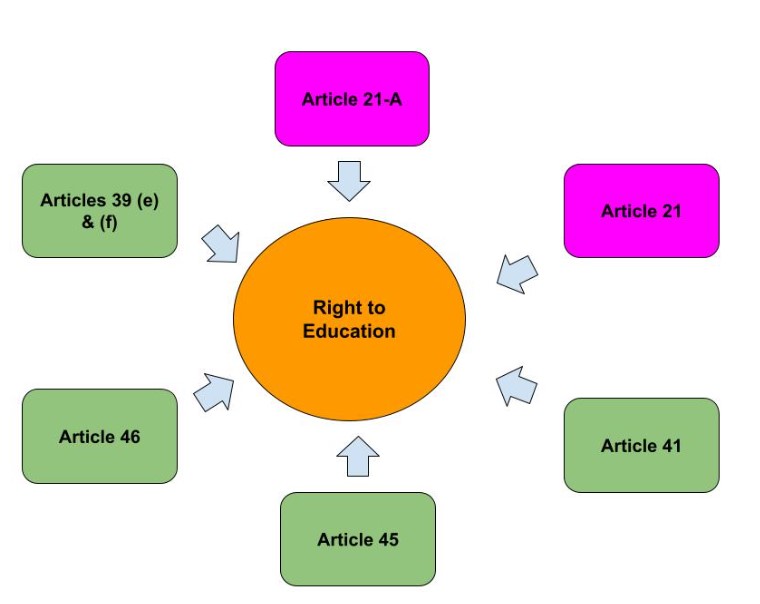Mains: GS II – Government policies and interventions for development in various sectors and issues arising out of their design and implementation.
Recently, the SC has questioned a 2014 judgment that exempted minority schools from the ambit of Right to Education Act.
Corporal punishment in education is the deliberate application of physical force intended to cause pain or discomfort to a student as a method of discipline.
It typically involves hitting or slapping a student with a hand or an implement like a stick or belt.

Article 30(1) - All minorities, whether based on religion or language, shall have the right to establish and administer educational institutions of their choice.
The Indian Express| RTE act and Minority Institutions